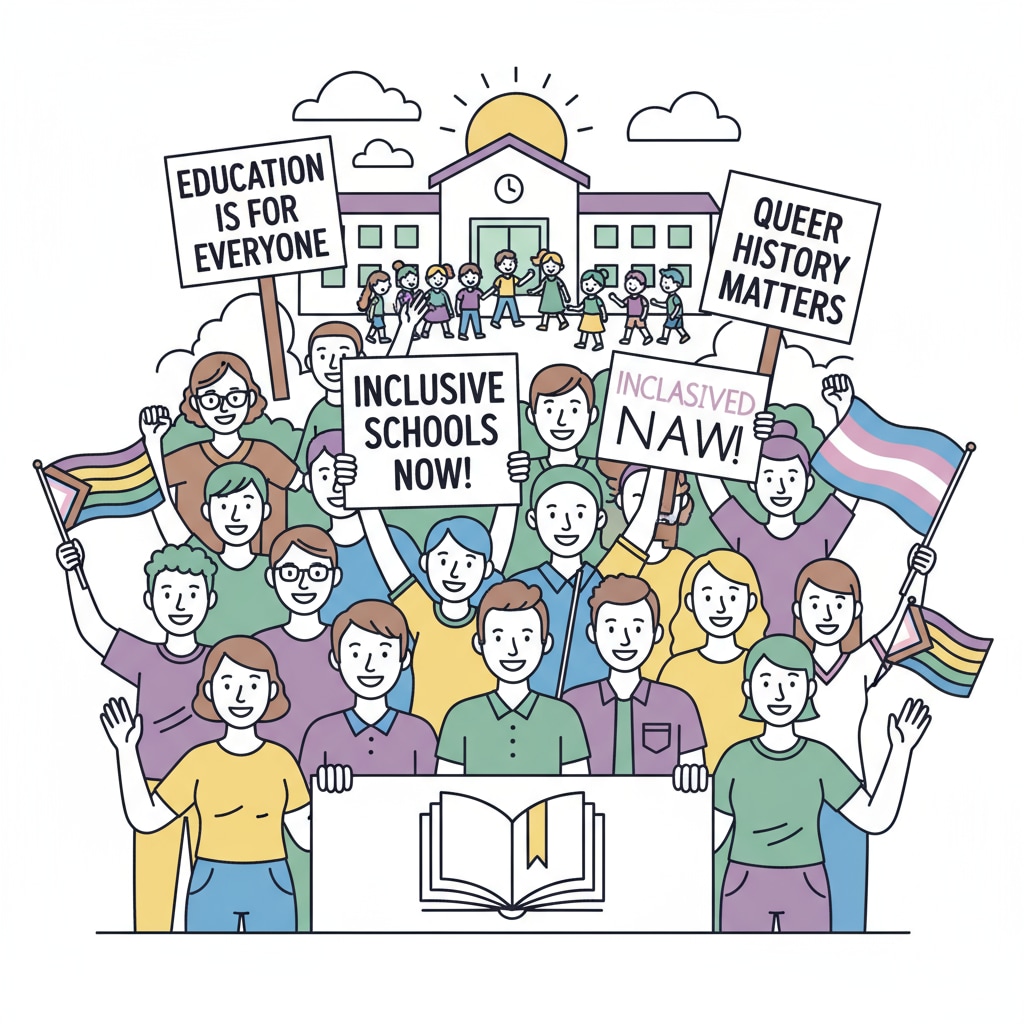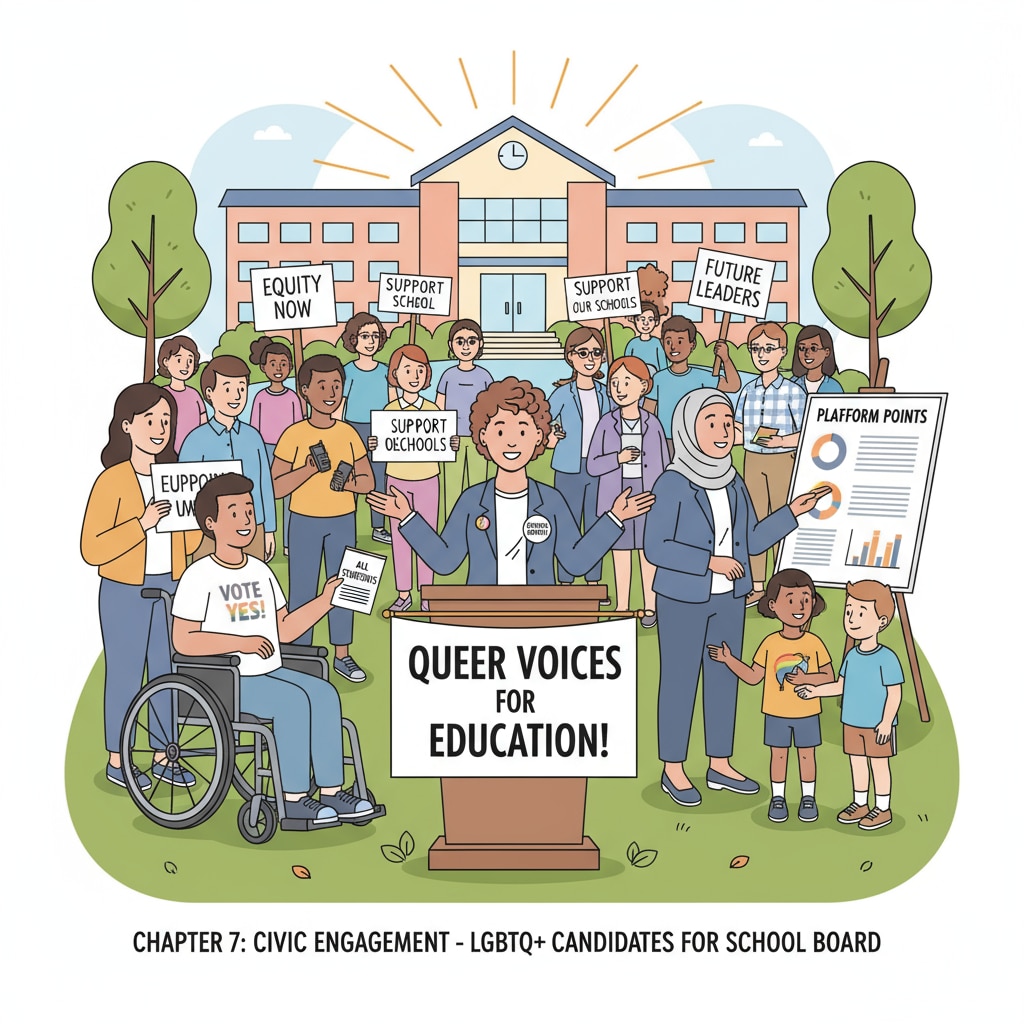In the landscape of education politics in the United States, the involvement of the LGBTQ+ community in school board elections has emerged as a significant phenomenon. As the politicalization of education intensifies, these community members are stepping forward to address the challenges posed by conservative education policies. This movement not only reflects the changing dynamics of society but also holds the potential to reshape the future of K12 education.

The Rise of LGBTQ+ in School Board Elections
The past few years have witnessed a remarkable increase in the number of LGBTQ+ individuals running for school board positions. This surge can be attributed to several factors. Firstly, there has been a growing awareness of the need for inclusive education that respects and supports the rights of all students, regardless of their sexual orientation or gender identity. For example, many LGBTQ+ students have faced discrimination and bullying in schools, which has spurred the community to take action. Secondly, conservative education policies, such as those restricting the discussion of LGBTQ+ issues in classrooms, have served as a catalyst for the community’s engagement. According to LGBTQ rights on Wikipedia, these policies have created a hostile environment for LGBTQ+ students and educators.

The Significance of Their Participation
The participation of LGBTQ+ individuals in school board elections holds great significance. It brings diverse perspectives to the decision-making process, ensuring that the needs and experiences of LGBTQ+ students are considered. By having representatives on the school board, the community can advocate for policies that promote equality, acceptance, and safety in schools. Additionally, their presence sends a powerful message to students, educators, and the broader community that LGBTQ+ rights are valued and protected. As stated in LGBTQ rights on Britannica, inclusive education policies can have a positive impact on the mental health and academic performance of LGBTQ+ students.
The involvement of the LGBTQ+ community in school board elections also challenges the traditional power structures in education. It forces a reevaluation of long-held beliefs and policies, leading to a more inclusive and progressive education system. This shift not only benefits LGBTQ+ students but also enriches the learning environment for all students. However, this movement has not been without opposition. Some conservative groups have resisted the changes, viewing them as a threat to traditional values. Nevertheless, the momentum behind the LGBTQ+ community’s participation in school board elections continues to grow.
Readability guidance: The rise of the LGBTQ+ community in school board elections is a significant development in education politics. It is driven by the need for inclusive education and a response to conservative policies. Their participation brings diverse perspectives and challenges traditional power structures, ultimately aiming to create a more inclusive and supportive learning environment for all students.


